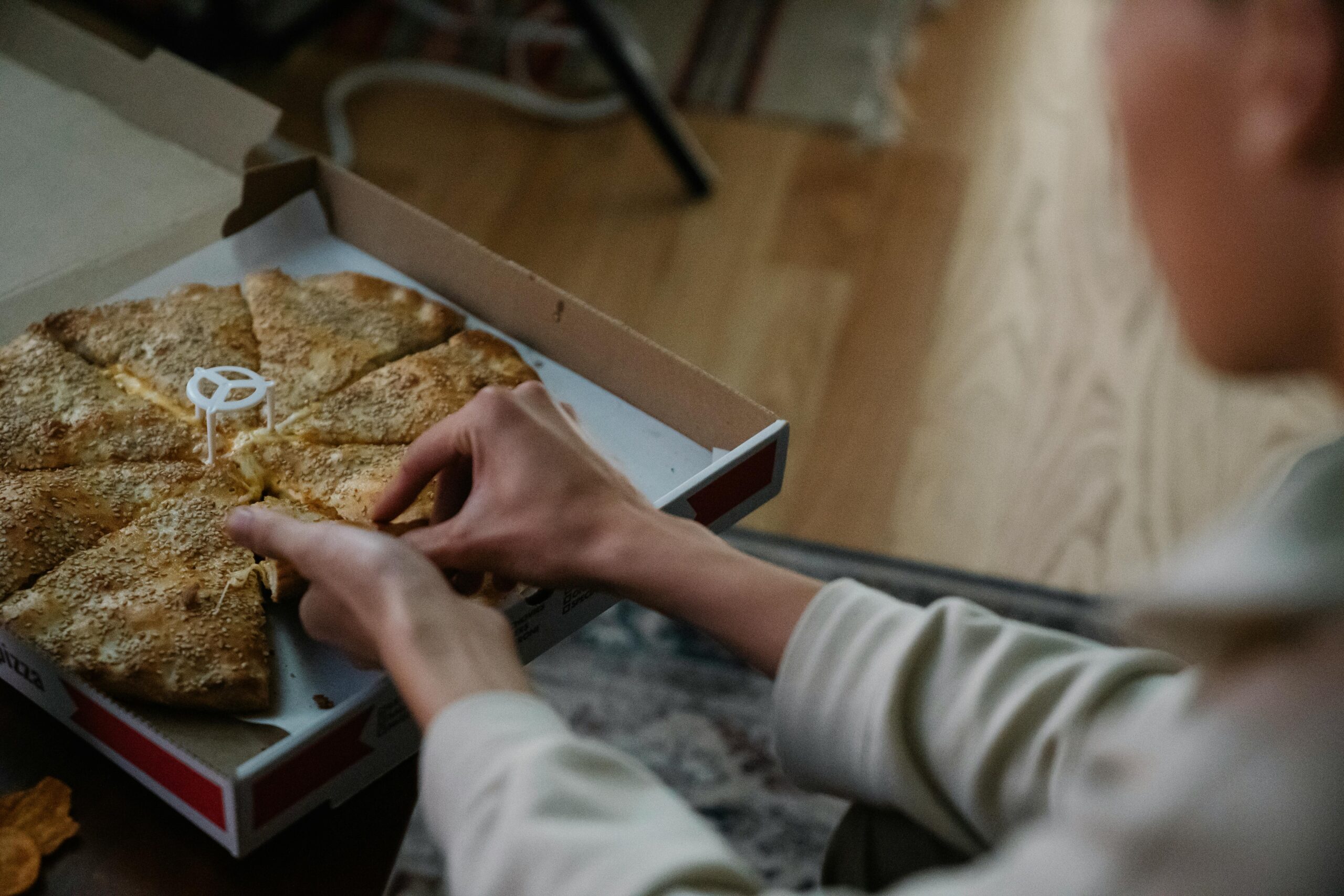Nighttime snacking is a common habit for many, often driven by cravings, boredom, or stress. While it may seem harmless, this habit can have negative implications for your health, leading to both short- and long-term consequences instead of benefits.
Weight Management
Nighttime snacking can contribute significantly to weight gain, particularly if you’ve already consumed a sufficient number of calories during the day. Eating late at night usually isn’t necessary since your body doesn’t need extra fuel for sleep. Instead of reaching for snacks, try to entertain yourself in healthier ways, such as reading or practicing relaxation techniques.
Sleep Quality
Certain foods, especially spicy or heavy meals, can disrupt sleep patterns. Eating these kinds of snacks before bed can make it more challenging to fall asleep, and may cause you to wake up during the night. Poor sleep can then affect your overall health and well-being, leaving you feeling tired and sluggish the next day.
Blood Sugar Regulation
Late-night snacking can cause spikes in blood sugar levels, which may affect your sleep and make you feel fatigued the following day. Over time, consistently high blood sugar levels increase the risk of developing type 2 diabetes. Maintaining a stable blood sugar level is crucial for both energy and overall health.
Digestive Discomfort
Consuming food just before bed can lead to digestive issues like indigestion, heartburn, and acid reflux. These discomforts are more likely to occur when you lie down shortly after eating, as stomach acid can travel into the esophagus, causing irritation and discomfort.
Emotional Eating
For some, late-night eating becomes an unhealthy coping mechanism for emotional triggers. This can lead to overeating, weight gain, and further emotional distress. Learning healthier ways to cope, such as exercising, practicing mindfulness, journaling, or talking with loved ones, is essential for breaking the cycle.
In summary, while occasional nighttime snacking is natural, regularly indulging in this habit can lead to health issues. Focus on eating balanced meals throughout the day, and try to avoid heavy or sugary snacks before bedtime.






